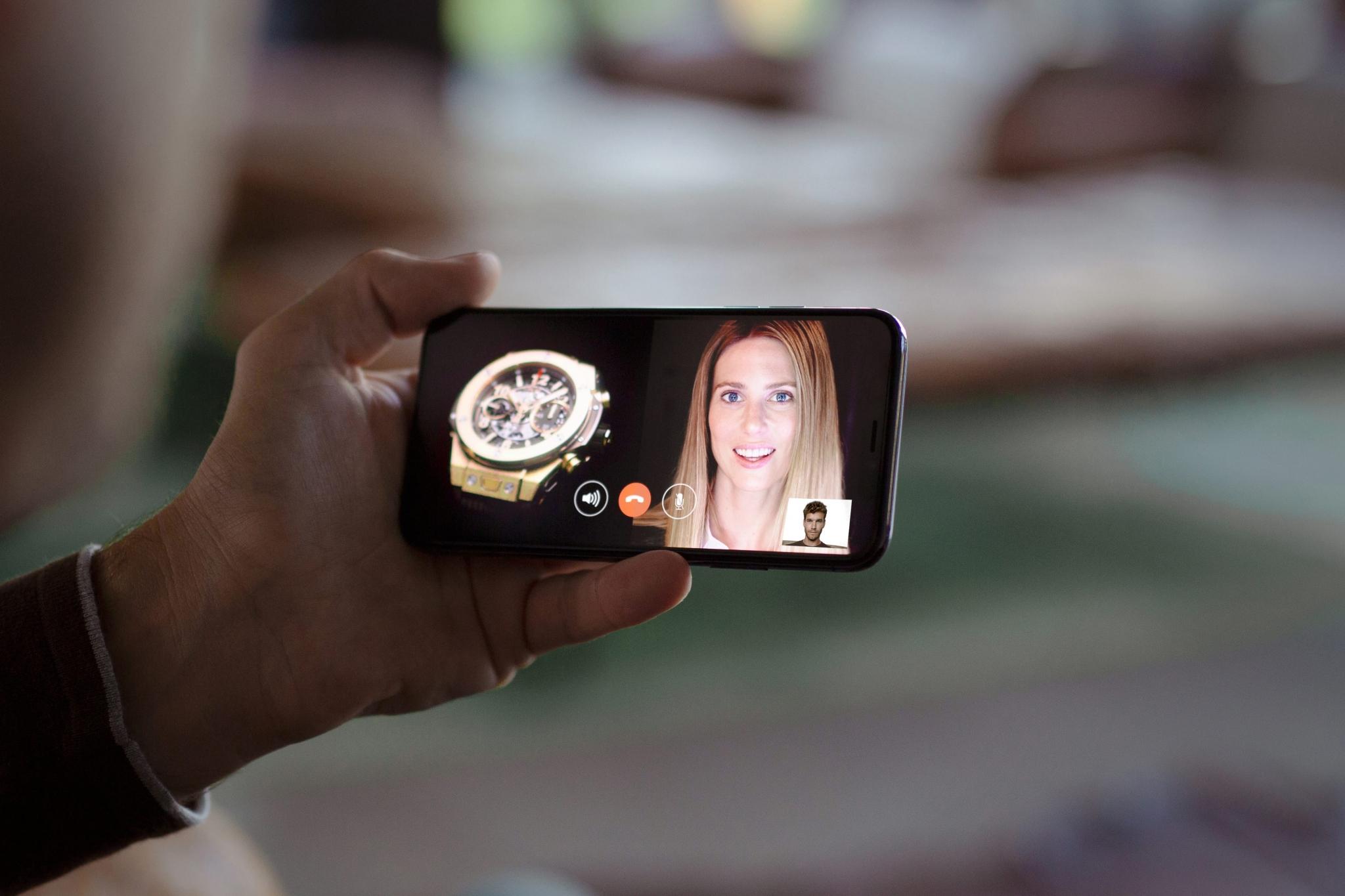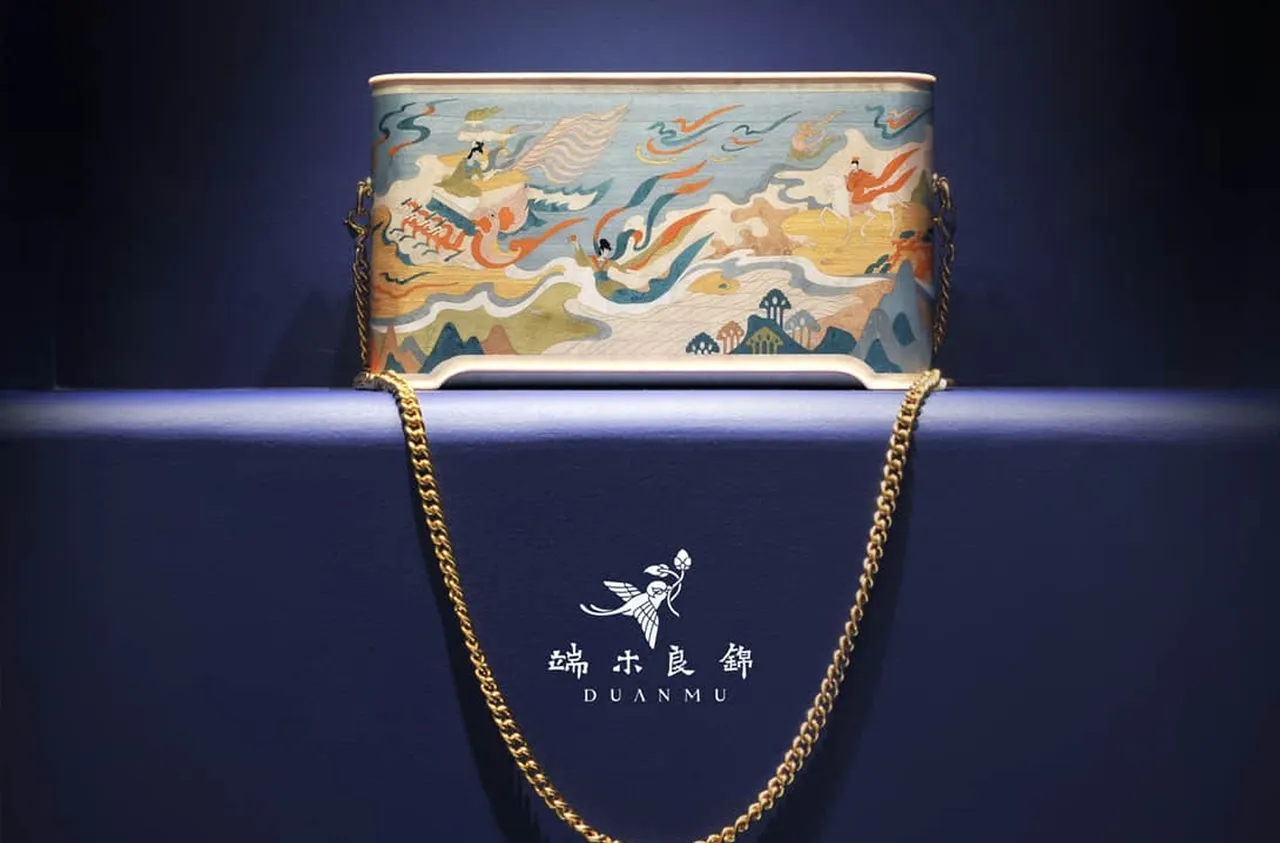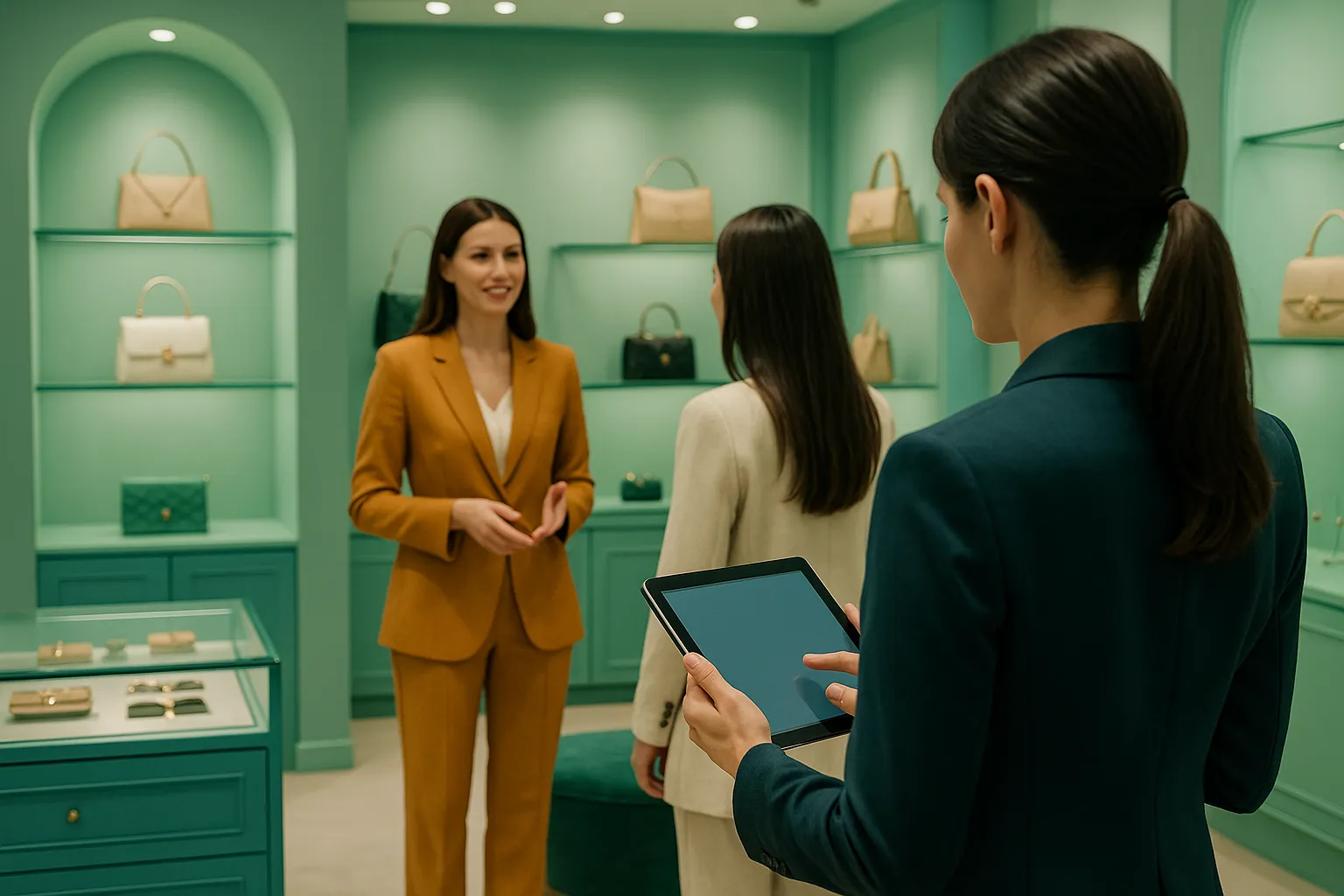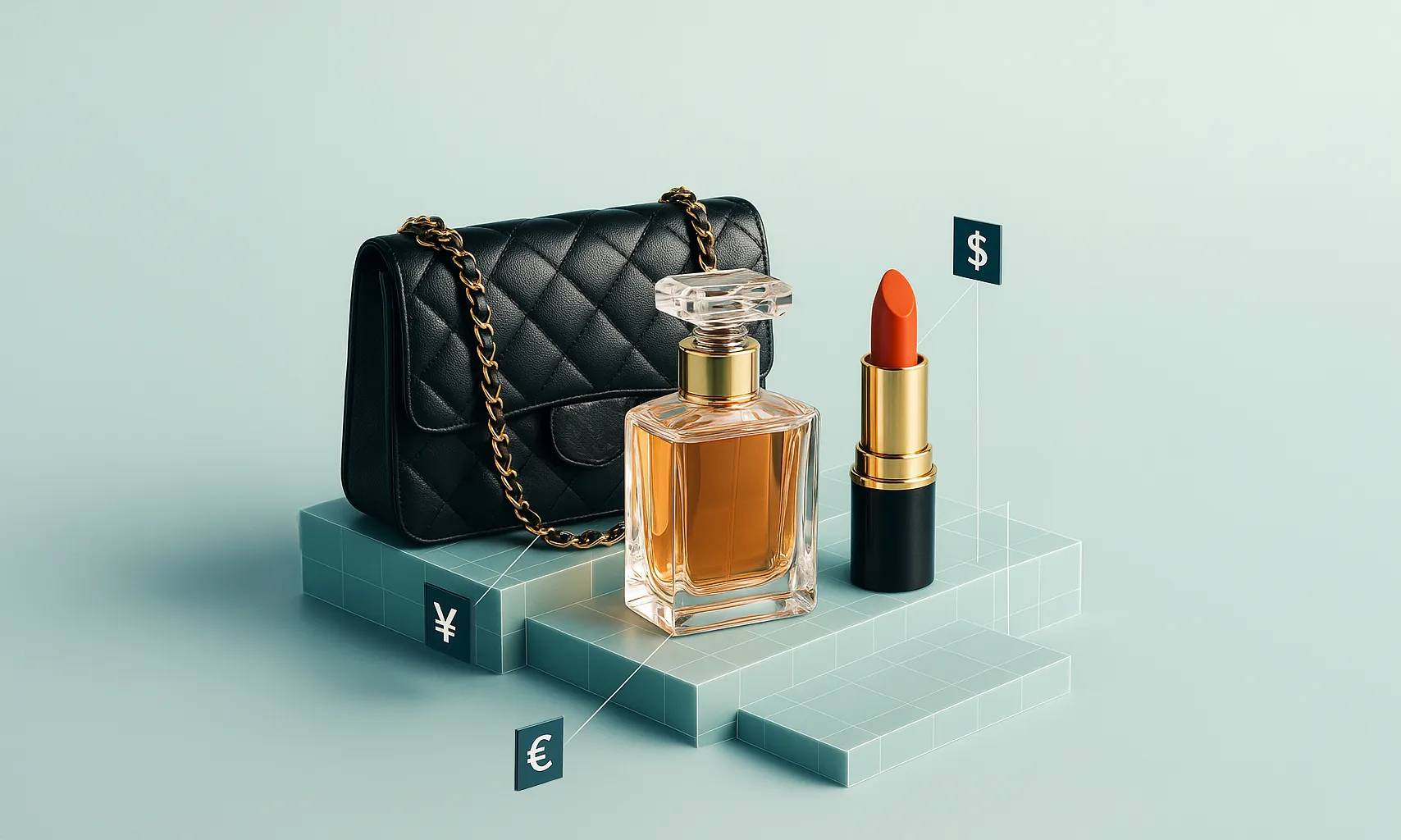The Silver Lining Amidst Disruptive Changes in the Luxury Industry: Winning Back the Local Client in 2021
This year saw marked changes in all industries, with all sectors severely affected by the pandemic. Still, the outlook for the luxury industry is looking positive. Advising a large portfolio of luxury brands on their Client Experience strategy, Clement Barthelemy, Albatross CX’s Vice President, shared key insights on why we should be optimistic about the future of the industry, starting with 2021!
Acceleration and Innovation Within the Luxury Industry
In the past decade, many sectors have ramped up their digital transformation—particularly the tech, financial, and retail sectors. However, the luxury industry was in some kind of inertia if not denial in this aspect. Apart from a few omnichannel services such as click and collect, luxury brands had not fundamentally changed their system to adapt to new consumer behaviors.
With the pandemic, the industry has no other recourse but to embrace what is now called ‘new retail’ or ‘unified commerce’ — which we prefer calling the ‘no-channel’ paradigm. Seeing how certain luxury brands who had developed the right infrastructures were cushioned from the impact of the lockdowns, others are now fast-tracking the development of their omnichannel platforms, however costly they might be.
Virtual Sales Are Here to Last and Could Solve Staffing Challenges

Today, virtual sales are no longer an exception. Many brands are elevating the consumer experience with virtual boutiques and e-advisors. We’ve seen brands launching their virtual shopping services through their websites. This is still in its infancy, but we will likely see more integration of mixed reality technologies that remotely provide immersive shopping experiences for luxury clients.
This could also be a great relief for brands in terms of staffing their boutiques while coping with fluctuating traffic. Retail still suffers from a negative perception due to long hours working on one’s feet and many sales advisors are seen to have started this career accidentally, which Ron Thurston describes well in his book Retail Pride*. But when advisors are offered the opportunity to engage with clients remotely and not just within the four walls of a boutique, it could help retailers attract a new breed of young talents: those with the right personality to deliver a superior client experience, and who until now may have been hesitant to start a retail career.
Adapting to Shifts in Consumer Behavior
Due to the pandemic, consumers have adopted new habits. A percentage of consumers now order everything from essentials to high luxury online.
The concern for health and safety has become a new baseline. In a study we ran on Chinese Luxury Customers earlier this year**, it was found that 98% of clients will leave a store the moment they do not feel safe inside. Throughout next year, stores will continue to enforce strict in-store health protocols, which overall have been well executed this year with 89% of shoppers feeling safe***.
In the US, many brands have been operating exclusively by appointment for a few months as a result of health restrictions. While this could have been seen as a negative change, it has given customers a better bespoke experience with more personalized service. Counterintuitively, some brands report much better commercial figures compared to pre-pandemic and are considering maintaining such a system post-pandemic!
Renewed Focus on Local Clients for Stronger Customer Relations
With travel shopping affected by restrictions, brands have no choice but to re-shift focus to their local clients. To luxury retailers asking us how to win back local clientele, I usually answer with a slightly provocative question: “Why have we lost them in the first place?”
Needless to say, some retail advisors who are commissioned on quantitative sales were favoring high spenders vs. less extravagant but regular local shoppers.
Luxury brands must develop strategies to appeal more to the local clientele. However, their outreach must be genuine to avoid alienating clients altogether. The reconnection must be personalized. Ideally, the advisors themselves must be empowered to lead that reconnection. Since sales advisors personally engage with the clients, they have the best knowledge of what the clients’ specific shopping behaviors are. By empowering the advisors, they are able to build better brand-client relationships. For instance, assigning a budget to individual advisors has been a successful practice at the Ritz-Carlton hotels for a number of years, and several retail brands have since adopted it as well.
Greater Emphasis on CSR When Engaging the Client
Recent global events have underlined the importance of environmental sustainability. Consumers are now more particular about brands’ labor practices, sources for materials, and corporate social responsibility. Luxury brands must then invest in CSR initiatives and find ways to communicate these efforts to their clients. One way to do this is through storytelling in-store or digitally, as it is currently very rarely done. According to Albatross CX 2020 Luxury Retail Benchmark, a mere 6% of advisors spoke proactively of their brands’ sustainability commitments to their clients in-store.
Luxury brands are also being more vocal on diversity and inclusion. This year, numerous luxury brands, have communicated their support for the BLM movement and have appointed Heads of Diversity within their organizations. In terms of engaging the client in-store, BRANDS WILL NEED TO MEAN IT. Any profiling or stereotyping would be not excused and jeopardize their brand equity. A lot is at stake here.
From Disruptive to Transformative
Although the luxury industry was greatly challenged this year, it can adapt to emergent changes. Addressing the challenges described above may help the sector rebound quicker but, most importantly, benefit both businesses and consumers. To summarize, here are the positive impacts we can expect to see:
- The quality of experience will significantly improve with the renewed focus on local clients
- Consumers will now have a more seamless shopping experience as brands embrace the “no-channel” approach
- Retail career will become far more attractive as advisors will now be able to engage clients remotely and not exclusively in-store
- Efforts to reduce footprint and enhance inclusivity will be fast-tracked as luxury brands acknowledge their responsibilities regarding sustainability and diversity
Indeed, the disruptive changes that marked the industry this year have brought about transformative shifts that can accelerate the luxury industry into the future. With these, we can expect a stronger rebound starting in 2021!
*Ron Thurston, Retail Pride, The Guide to Celebrating Your Accidental Career
**Chinese Customer Sentiment Study, by Wisely Insights (Customer Experience Group), May 2020
***Albatross CX Health Index May-November 2020



